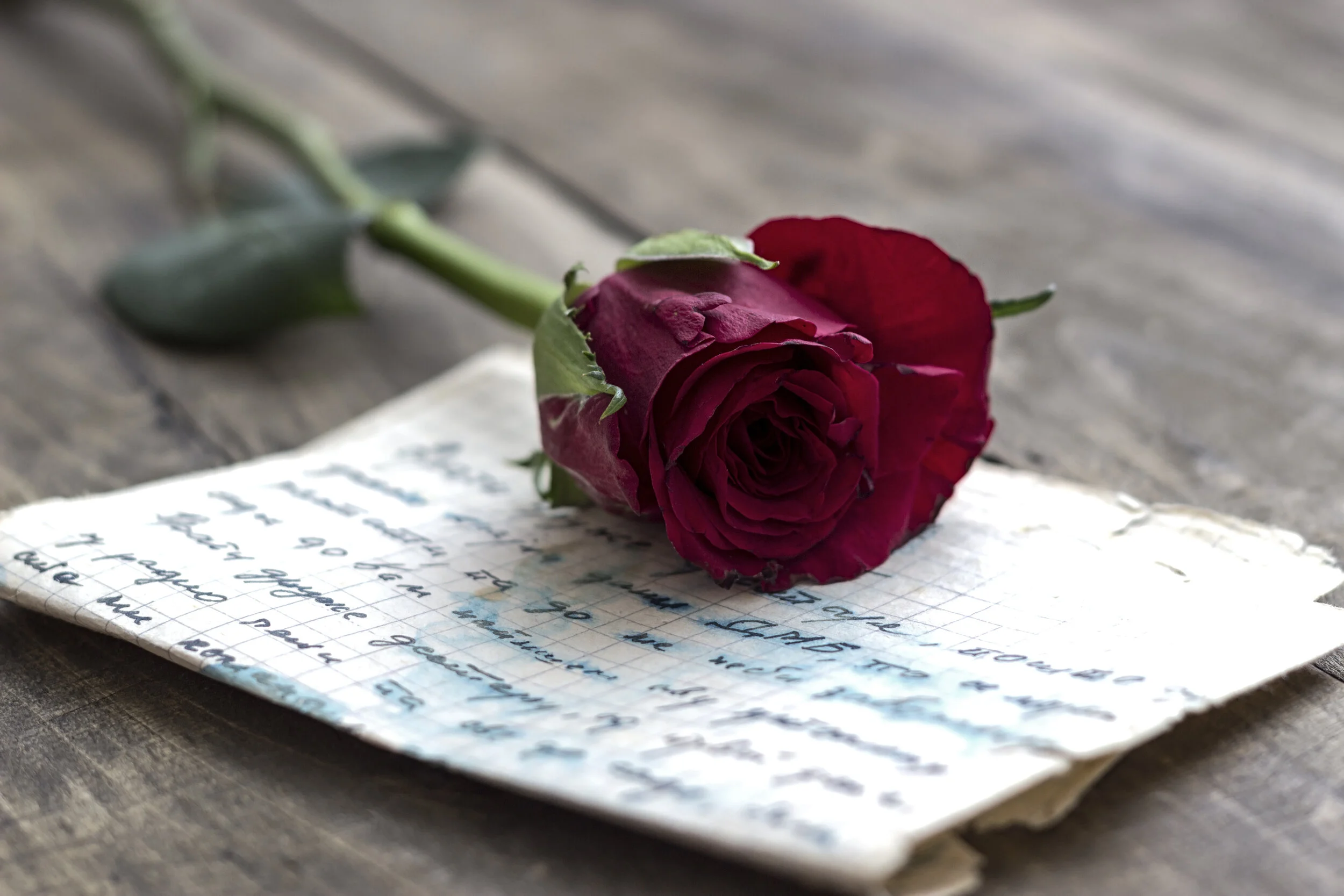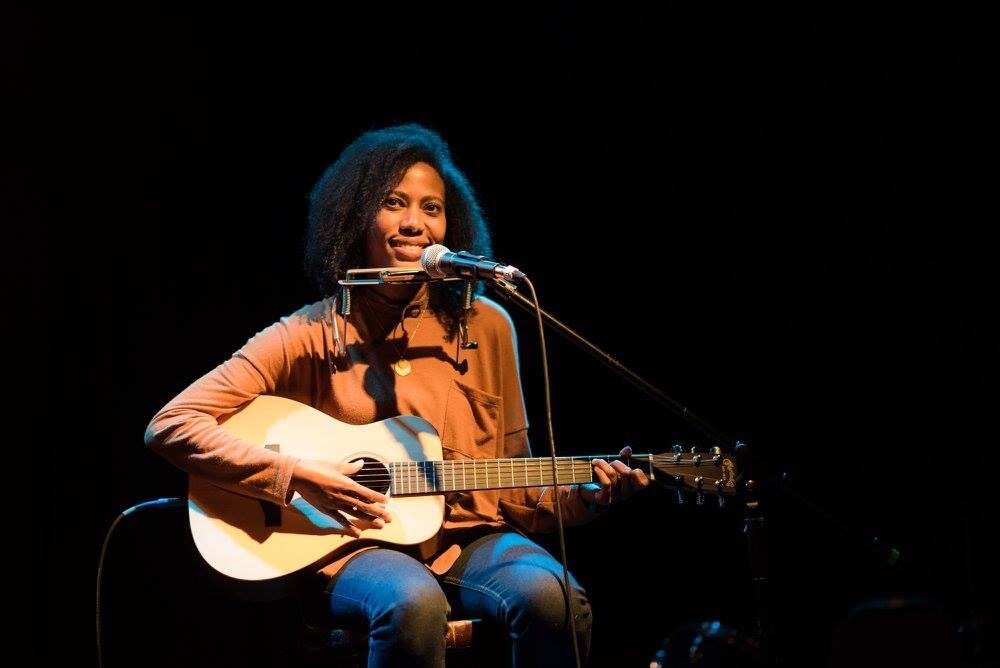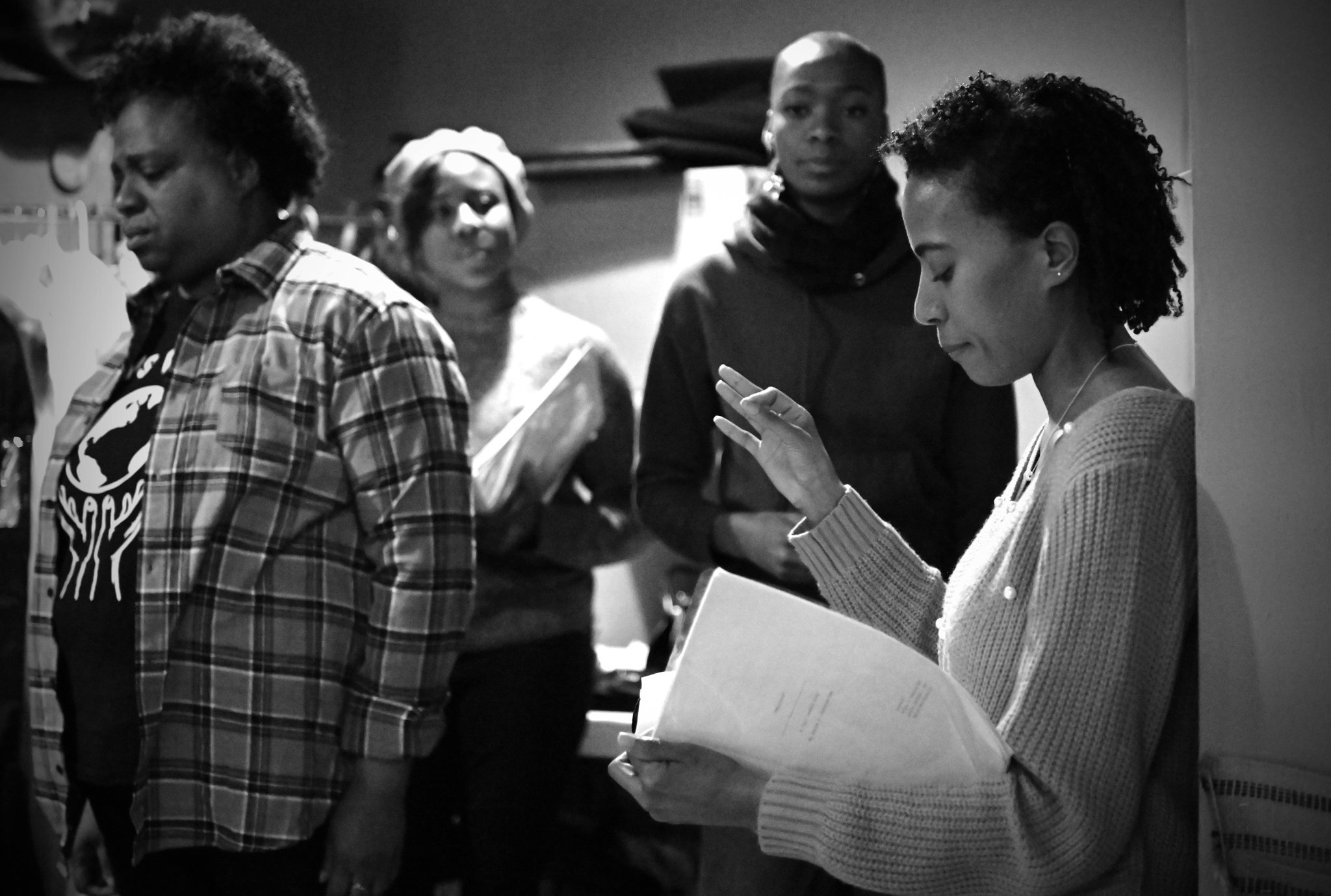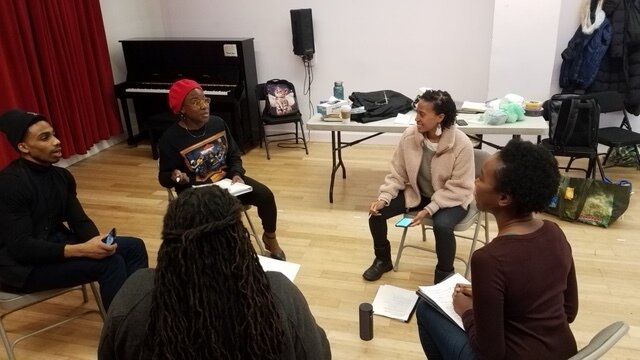Black hairstyle of the 1960s, a woman drinking a cocktail with a bob.
A story of my grandmother's generation, arranged in matters rather complicated. Bird is a gay woman living in Etheridge, Mississippi when she becomes the guardian to Alma Jean. Alma is the surviving child of Bird's lost lover, who trusted only Bird with her daughter.
Gay South, Mississppi filled in the small squares of rainbow colors.
Being gay in the South has traumatic impact. Particularly on Bird, a masc-presenting metalsmith. She gives me all types of Bismuth vibes, for my Steven Universe fans. A tough exterior, so at least inside yourself you're safe, right?
What is most compelling is the undying loyalty that Bird shows to Belle, even after death. It's what makes it such a profound love story. So often, we bound love to our own ideas of who each other should be. How we perceive love exemplifies how we view freedom.
These characters all, eventually, offer each other freedom within their love. Even in the after. I’ve always hated hearing, “I love you too death,” because what about after then? Mirrors begs that question.
Black plays about the gay South a quote from Azure D. Osborne-Lee that reads: “We both made some mistakes, said some harsh things, and your mama decided it was time for her to move on”.
Shadows Serve Reflection: Life After Death
Azure offers us such a compelling look into unconditional love. Belle seemed addicted to a fast life. It brought about many consequences for them both. And yet, her former lover honors the entirety of her character. A striking witnessing.
Bird only wanted people at the funeral who “loved [Belle] as she was.” What a protagonist to follow. It's a strange vocation to honor the dead like a knight. A crept-keeper of memories, borough-ed into her house, the only place she can demand respect.
Alma Jean does not know what to respect or where to begin to unpack herself.
Alma reminds us that we are not the only ones searching for more information about Belle. We learned that she is searching to understand her mother in wholeness. With her new guardian being so "close" to her mother, if nothing else in her stay, she hopes to gather some clarity.
White candles at a funeral.
Louise is my favorite piece of this story, the current lover of Bird has a selfless way about her. In some ways, it felt like a softer much healthier version of Cersei and King Robert. Lightheartedness aside, we always feel the absence of past lovers, and often there is a wonder. On how to fill your one up, after a ghost has won. The complexity moved me.
Each character seems to be a piece of Belle in some way, since she's gone. How they speak of her, is the legacy. When there is no longer a vessel to house you, you have no choice but to live through others. Becoming a waking thought.
Graphic of a Black woman dressed for church.
Death Be Not Proud
As a Queer Black Southerner, I am humbled and shrouded in the honesty of Azure's writing. I am haunted by a prevailing sense of love that could not shatter. I did not want anything more, but to drape in the shadows that guides us through Bird's house.
How many matriarchs, by social classification, sacrificed exclusivity in their Queer relationships? Secrecy to avoid further harm than being Black and seen, which can be Death.
Black plays quote 2 by Azure D Osborne-Lee reads as follows: “Wasn’t neither of us too good with sayin’ we was sorry and I guess time just got away from us..”
But Death need not be proud. Belle lives on, the woman who is socially-downtrodden. Rather it be because of her "ways" or identity. She lives through them all.
Similarities to Whitney Houston and Robyn Crawford
So much of Belle and Bird's relationship reminds me of Whitney Houston and Robyn Crawford. Masculine-presenting AFAB folx (Female assigned at Birth) face the brunt of violence. Queer people risk saftey depending on where they love in public, or what family they’re born into. Sometimes the violence is scrutiny. If Whitney had a community who could see her, they wouldn’t have had to only remain “close” all those years.
A rose laying across a hand-written love letter.
There is a star-crossed feel to Belle and Bird. There is something unspeakable in the bond. They had known each other for so long. Kids, they were. Similarly to Houston and Crawford.
Robyn Crawford writes in "A Song For You: My Life With Whitney Houston" that they met as camp counselors. A history, beyond romance. A lover that knows your beginning.
Bird encounters these harsher realities. While Belle, like Whitney, being femme-presenting served as an advantage. Belle avoided similar treatment by happenstance of being consumed to the male-gaze.
Black plays Azure D Osborne-Lee, a quote from Mirrors reads as follows: “I can tell you, though, that right there, letting the time get away, is one of the things so done in this life that I truly am sorry for”.
All I'm saying is that Belle and Bird were loving each other in the 1960s South. I mean, this isn't The Fosters. The consequences were grave then. Maybe that’s all the fear that Whitney felt?
What we will never know, we must explore through a created perspective. We need more artists to explore the depths and possibilities of humanity. I haven’t read a story in a long time that has moved me to understand the un-condition in love. I would highly recommend viewing the in-person or digital screening of this production.
Azure D. Osborne-Lee's Mirrors premieres online this Fall. Get tickets here.


















